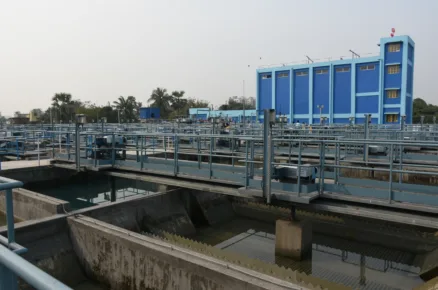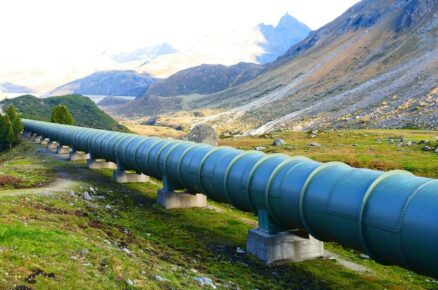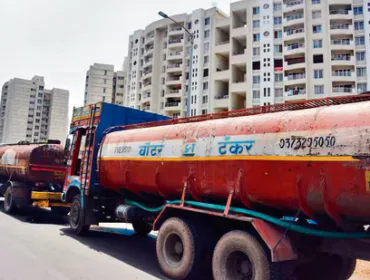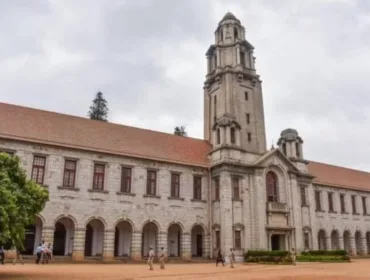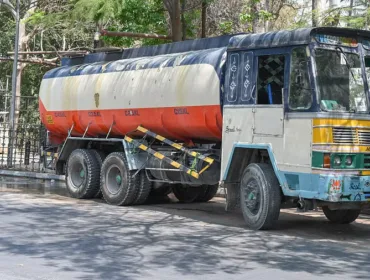The government intends, by 2040, to make the water sector no longer be seen as a welfare aspect but having a value for investment, so that water operators in the country can start investing, said Natural Resources, Environment and Climate Change Minister Nik Nazmi Nik Ahmad.
He said efforts towards this goal are being actively implemented by his ministry, but there are several issues which need to be addressed first, such as the issue of reducing the amount of non-renewable water (NRW) rate, when the treated water does not reach the user’s account, up to almost 60 per cent.
“The treated water in the plant does not reach the user’s account; either it is stolen or a lot is leaking due to old pipes. The country’s average for NRW issues is around 35 per cent, but in some states, it is up to 60 per cent.
“This means that more than half of what is treated does not reach (consumers), so we are trying to fix it and we have also approved to facilitate grants for this NRW and repair to be accessed by the state water operators. That is the important thing we do for the water sector,” he said when appearing as a guest on the One Year with the MADANI Government, in the ‘Selamat Pagi Malaysia’ programme, produced by TV1 today.
Apart from that, Nik Nazmi said that the government’s efforts to achieve net-zero emissions, as early as 2050, was one of the highest aspirations in the one year he has led the ministry.
“We have a very ambitious energy transition target, and set the country’s aspirations to achieve net-zero emissions in 2050, and this is our commitment to the 2015 Paris Agreement.
“About 80 per cent of electricity generation in our country depends on natural gas, and what’s worse is coal, so that’s why what we have done today is the National Energy Transition Roadmap (NETR), to speed up the transition by 2050,” he said.
In the meantime, he said that climate change, which is happening now, is something dynamic and not easy to deal with, and requires comprehensive action from various parties.
We need action to be implemented locally, either in the cities or at the state level, where they have the authority over land, forests and water resources, which is very significant, and sometimes more powerful than the Federal government.
“There are also many international obligations, and there are constraints and pressure to set a very high standard among developing countries, while forgetting that developed countries destroyed the environment a lot too, such as cutting forests and so on,” he said.
He said that the burden has been placed on developing countries, therefore there needs to be a lot of contribution and support from developed countries, as they do not want to pursue climate change commitments but prey on the poor people in this country.
Source& image courtesy: https://thesun.my



